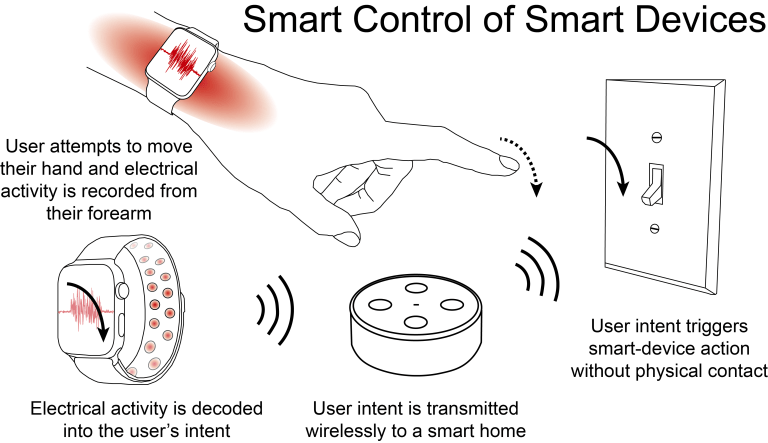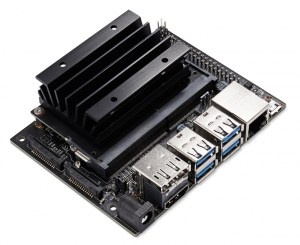Our lab is proud to announce the funding of three new pilot grants authored by three of our Ph.D. students. Congratulations to Monika Buczak (Biomedical Engineering), Marshall Trout (Electrical Engineering), and Connor Olsen (Electrical Engineering). Each has been awarded ~$5,000 by the Department of Physical Medicine and Rehabilitation to help fund their research!
Monika’s Grant, entitled “Electronic Grip Gauge (EGG): Disentangling Sensory and Motor Deficits of Fine Hand Function,” will fund the development and translation of the EGG, an assessment tool to measure grip and dexterity. The EGG is currently used to assess the dexterity of prosthetic control in a research setting, and Monika hopes to translate the egg into the clinical sphere to assist with the rehabilitation of individuals who have suffered strokes.
Marshall’s Grant, entitled “Assisting and Rehabilitating Hand Dexterity for Stroke Patients through Proximal Nerve Stimulation,” uses functional electrical stimulation to reanimate stroke patients’ paretic limbs to assist in rehabilitation. Marshall’s work will operate similarly to mirror therapy but by actually moving the patient’s paretic limb through electrical stimulation of the proximal nerve.
Connor’s Grant, entitled “Enhancing Patient Independence with Hand Gesture Control of Inpatient Smart Rooms,” will fund the development of an EMG controller that will allow individuals to control their smart home environment using hand gestures. Connor seeks to enable the patients at the Nielsen Rehabilitation Hospital to use this control method in their hospital rooms to increase independence and promote recovery.





